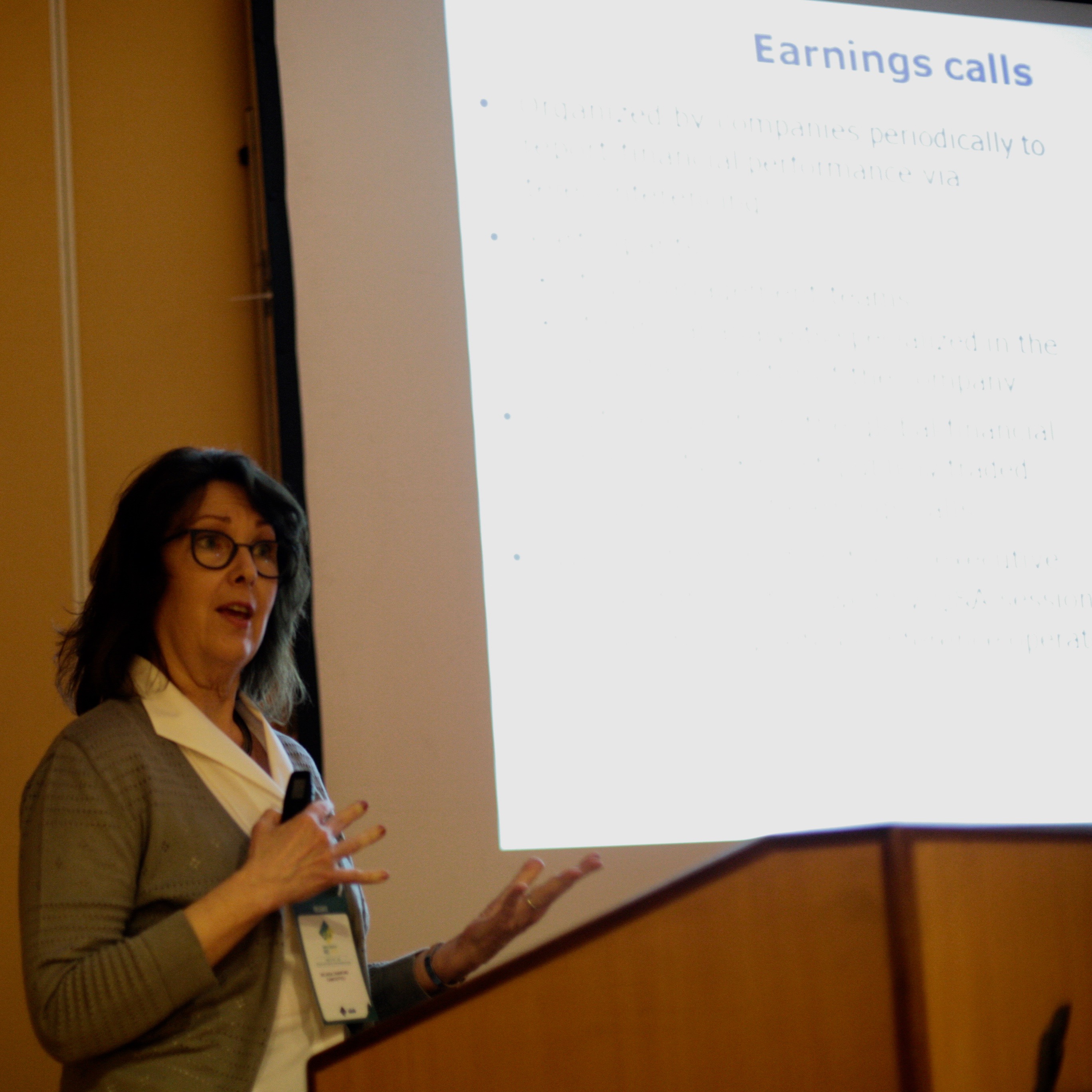

The most extensive catalog of the world’s languages, generally taken to be as authoritative as any, is that of Ethnologue (published by SIL International), whose detailed classified list as of 2009 included 6,909 distinct languages.ĭid you know that (most) languages belong to a family?Ī family is a group of languages that can be shown to be genetically related to one another. As of 2009, at least a portion of the bible had been translated into 2,508 different languages, still a long way short of full coverage. Much pioneering work in documenting the languages of the world has been done by missionary organizations (such as the Summer Institute of Linguistics, now known as SIL International) with an interest in translating the Christian Bible. That is not due to any increase in the number of languages, but rather to our increased understanding of how many languages are actually spoken in areas that had previously been underdescribed. The 1911 (11th) edition of the Encyclopedia Britannica, for example, implies a figure somewhere around 1,000, a number that climbs steadily over the course of the twentieth century. When we look at reference works, we find estimates that have escalated over time. One random sampling of New Yorkers, for instance, resulted in answers like “probably several hundred.” However we choose to count them, though, this is not close. When people are asked how many languages they think there are in the world, the answers vary quite a bit. Rather, the problem is that the very notion of enumerating languages is a lot more complicated than it might seem. There are a number of coherent (but quite different) answers that linguists might give to this apparently simple question. The reason for this lack is not (just) that parts of the world such as highland New Guinea or the forests of the Amazon have not been explored in enough detail to ascertain the range of people who live there. It turns out, however, that there is no such definite count-or at least, no such count that has any status as a scientific finding of modern linguistics. One might suppose, therefore, that linguists would have a clear and reasonably precise notion of how many languages there are in the world. The object of inquiry in linguistics is human language, in particular the extent and limits of diversity in the world’s languages. How many languages are there in the world? Stephen R.


 0 kommentar(er)
0 kommentar(er)
